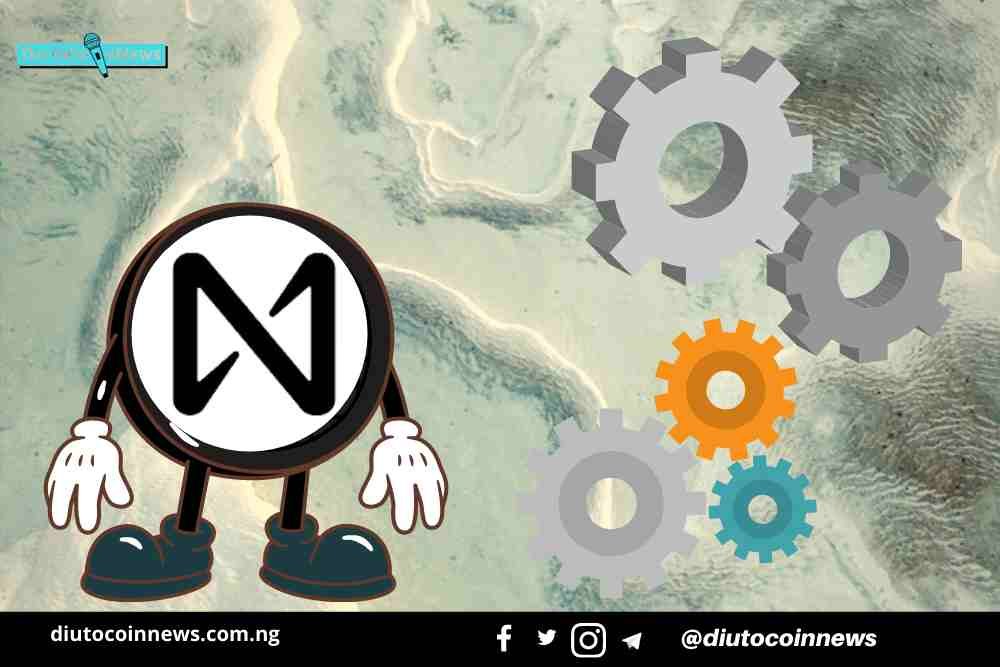A validator is someone responsible for verifying transactions within a blockchain; i.e, a validator is a participant in the network who locks up tokens in the network and runs validator nodes to help run the network.
Validators are the people who run the nodes which operate the NEAR network. Validators represent the community of node operators that take care of the blockchain consensus.
For NEAR Network, any participant can be qualified to become a NEAR’S validator by running a full-node to earn Rewards and Transaction fees. To ensure Good Participation by Validators, they lock up some of their NEAR Tokens as a stake in the ecosystem. NEAR Protocol uses Proof-of-Stake (PoS) to secure it is blockchain and validators play their role to validate their nodes through stakings and as well secure NEAR networks.
These validating nodes are servers that aggregate transactions into blocks, execute them, and maintain the latest state of the blockchain. Validators get rewards for their service every 12 hours usually at the end of every epoch.
Types of validators
On NEAR we have two types of validators; Block producers also called “Collators” and Hidden Validators.
Block producers are responsible for receiving transactions, producing and exchanging chunks between each other while keeping data available for other participants in the system
“Hidden” Validators are randomly selected and spread across shards in the blockchain to provide and ensure security by keeping the block producers in check, making sure blocks produced are correct and data is indeed available.
Following the creation of Bitcoin as the first cryptocurrency in 2009 and with a massive influx of retail and institutional investors into the crypto space with the market cap surging past $1 Trillion in the first few days of 2021, there has always been a competition of which project or protocol was better or had better services.
A paradigm shift from the traditional proof of work (PoW) which proved more difficult and expensive for everyone to be a miner, to the easier and less cumbersome proof of stake consensus had seen a surge in more funds been pooled up in liquidity pools and with validators – who confirm transactions on the PoS platforms like NEAR.
Read Also: Near Protocol Blockchain: Deploying Case to Address Supply Chain Problems in Nigeria.
Why choose NEAR over other platforms?
The first thing that comes to a person’s mind when investing in security. How secure is NEAR?
The Near protocol is secure just like any other blockchain and with more. With the plan to build a sharded blockchain there’s a need for even more security as a result two types of validators are near. The block producers and the hidden validators located on random shards so as not to create a monopoly and also keep block producers in check.
The reward system has been built to reward all participants after an epoch which is 12 – 24 hours. Validators are taken at random one at a time with the highest bidder approved for each transaction allowing other validators on the next transaction. Validators that attempt to cheat the system get a slash on their initial stake. This ensures SECURITY for people’s funds.
Scalability has always been a challenge especially with traditional blockchains like ethereum. Near proves to solve scalability with a sharded blockchain that will validate up to 100,000 transactions per minute and with a fee structure that is way cheaper as well.

Gas fees had made people move away from ethereum to many other side chains. With NEAR, you get cheaper gas fees, minting your NFTs all on one blockchain.
In summary NEAR proves to be the cheaper, more scalable, and secure blockchain for developers, builders, and most importantly VALIDATORS.
Selection of Validators
NEAR Protocol determines validators every new epoch, electing them based on their stake. Already elected validators are re-enrolled by automatically re-staking their tokens plus the accrued rewards; new validators are elected if their stake is above the dynamically determined set price.
To become a validator node on NEAR is necessary to stake NEAR tokens. The exact amount to stake depends on how many tokens are being staked by other validators within a given shard.
Each shard on NEAR contains 100 seats, of which is necessary to have at least 1 seat to be a validator.
The cost of each seat is determined by the total amount of NEAR being staked i.e (cost = Total stake in that shard and divide it by 100).
Alternatively, in case of low or no capital to buy enough NEAR tokens to secure a seat, it is possible to convince delegators to delegate their tokens to you. Delegators will also get a cut of block rewards from the validators they are taking on.
Validators increase their stake and as well rewards, by asking for delegation. Delegation is the opportunity for all token holders to stake in partnership with a Validator, leasing a small portion of their validating node. Delegators can lock their funds into a staking pool, and receive rewards at the end of every epoch, minus the fees paid to the Validator.
Rewards for been a Validator
- For validators, having access to the delegation at the contract level means that they can create infinitely diversified offerings of their services.
- Staked tokens can be unlocked anytime.
- Validators can choose to remove the stake anytime they want. (considering the end of every epoch).
- NEAR rewards are predictable, The validator’s reward is proportional to the stake, independently of how many discrete seats are taken by the given validator.
- Regardless if you are a Validator or Delegator, the bigger the stake you provide, the higher your cut of those rewards.
Written by NEAR PROTOCOL NIGERIA (NPK GUILD)
Twitter: join here
Telegram: join here
Discover more from DiutoCoinNews
Subscribe to get the latest posts sent to your email.














